CBD Oil and Brain Tumours: What You Need to Know
Estimated reading time: 10 minutes
If you or a loved one has been diagnosed with a brain tumour; you will wonder if CBD oil could help. We only have limited evidence to suggest that cannabis-based products can directly treat brain tumours. However, there is conclusive evidence that they can help manage the side effects of brain tumours and brain cancer. In this article, we'll explore what CBD oil is. Also what brain tumours are, and whether or not CBD oil can be used safely and effectively in other brain tumour treatments.
Understanding Cannabis-Based Products

Cannabis is a plant that contains complex chemicals called cannabinoids. They are responsible for the effects of cannabis on the body. Two cannabinoids that are of particular interest are THC and CBD. THC is responsible for the psychoactive and addictive effects of cannabis. However, CBD has no psychoactive properties and has potential therapeutic benefits.
Cannabis-based products is produced using different parts of the cannabis plant. Including cannabis-based medicines that certain doctors can prescribe. Cannabis products that do not contain THC (such as CBD oil or hemp oil). And cannabis products that do contain THC (such as street cannabis or cannabis oil).
Two cannabinoids are of particular interest:
- THC – delta-9 tetrahydrocannabinol (responsible for the psychoactive and addictive effects of cannabis)
- CBD – cannabidiol
Cannabis derivatives is a general term for all products that are produced using the cannabis plant, including:
- Cannabis-based medicines that certain healthcare professionals can prescribe (for example, Sativex and Nabilone)
- Cannabis products that don't contain THC. These are sold legally in the UK as food supplements (for example CBD oil or hemp oil)
- Cannabis products that do contain THC, which are currently illegal in the UK (for example, street cannabis or cannabis oil).
It's important to understand the difference between cannabis products that contain CBD and those that don't. They have different effects and are legally treated very differently.
Understanding Brain Tumours
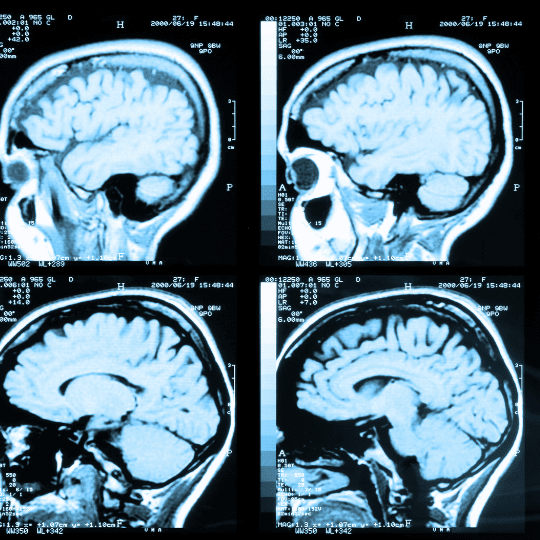
A brain tumour is a collection of brain cells that have grown out of control. There are over 100 different types of brain tumours. They can start in any part of the brain or spinal cord. The most common type of brain tumour in adults is called glioma.
Brain cancer is a group of brain cells that have grown faster than they should have.
The cells that make up our bodies are so small that you need a microscope to see them. Most of the time, cells only split to make new cells to replace old ones. When something goes wrong inside a cell and the cell keeps dividing until it forms a lump or a growth. This is what we call a brain tumour.
Primary brain tumours are cancers that start in the brain.
This is different from cancers that started somewhere else in the body and spread to the brain. They are called metastases or additional brain cancers. This page has information about brain cancers that start in the brain.
Brain cancers come in more than 100 different kinds. Any part of the brain or spinal cord can be where a tumour starts. Most of the time, they get their names from the type of cell they come from.
Glioma is the most common type of brain tumour in people.
Tumours that start in the brain are called primary brain tumours. Cancer that has spread to the brain from somewhere else is called secondary brain cancer or brain metastases.
Brain tumours are more common in older people. Almost 25% of people diagnosed with a brain or spinal cord tumour in the UK every year are aged 75 or older.
Causes of brain tumours
They are thought to arise when certain genes on the chromosomes of a cell are damaged and no longer function properly. Environmental factors may then lead to further damage, causing the cell to grow into a tumour. It is not known why some people develop brain tumours while others do not.
Symptoms
Symptoms of a brain tumour can vary depending on the location of the tumour. Some common symptoms include:
- Headaches that may be worse in the morning or awake the patient at night
- Seizures or convulsions
- Difficulty thinking, speaking or articulating
- Personality changes
- Weakness or paralysis in one part or one side of the body
- Loss of balance or dizziness
- Vision changes
- Hearing changes
- Facial numbness or tingling
- Nausea or vomiting, swallowing difficulties
- Confusion and disorientation
CBD Oil and Hemp Oil
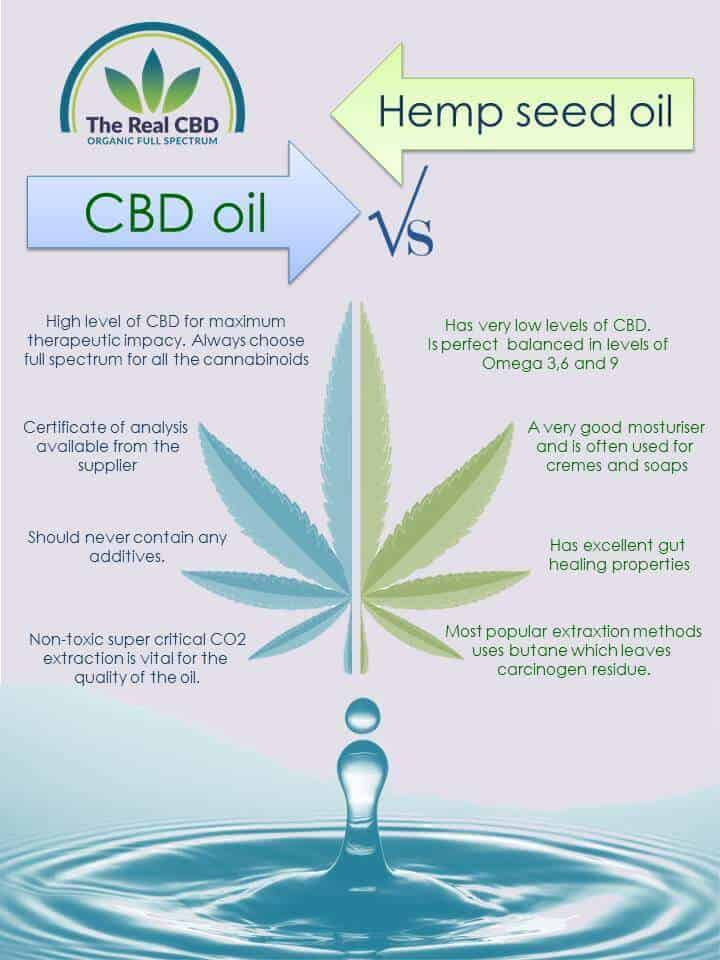
Cannabis-based products that do not contain THC (such as CBD oil or hemp oil) are legal in the UK. As long as they are produced from an EU-approved strain of hemp and are sold as a food supplement without any medicinal claims. These products can be purchased in many high street health food shops.
The Evidence for Cannabis-Based Products in Brain Tumour Treatment
There is limited evidence to suggest that cannabis-based products can directly treat brain tumours. However, there is conclusive evidence that they help manage the side effects of brain tumours and brain cancer. Here we can menton pain relief and treating chemotherapy-induced nausea and vomiting.
In 2021, an early-stage trial led by Professor Susan Short suggested that adding a specific blend of THC and CBD in the form of a drug called Sativex to chemotherapy could potentially help treat recurrent GBMs more effectively.
More from our blog
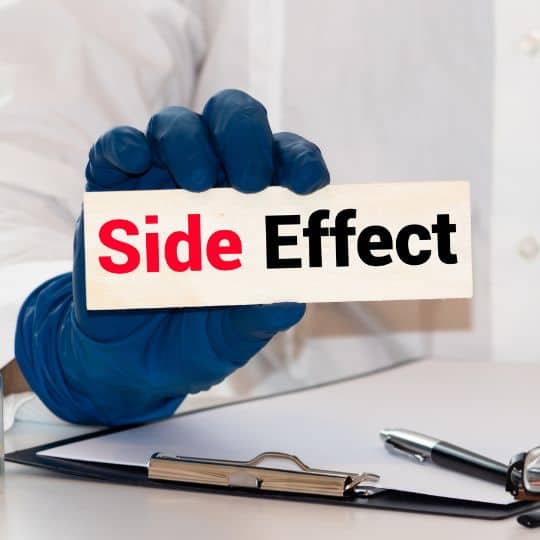
Is it Safe to Use CBD Oil During Brain Tumour Treatment?
Any supplements, alternative or complementary treatments that you or your loved one wish to use could interact with other medications. Therefore, it is essential to discuss this with your medical team before deciding to use cannabis-based products like CBD oil alongside brain tumour treatment.
Nabilone has a medical licence and can be legally prescribed for chemotherapy-induced nausea and vomiting.
For more information, see the government's review.
Side Effects of Using CBD Oil for Brain Tumours
Like all medications, cannabis-based medicines have side effects. The common side effects of Sativex (a cannabis-based medicine) are sickness, tiredness, dizziness, and headaches. Your medical team will be able to talk to you about possible side effects, as well as how to manage any side effects you may experience.
Read more about CBD for cancer here
How Can I Get Cannabis Products?
Cannabis-based medicines can only be prescribed by specialist doctors listed in the General Medical Council's (GMC) specialist register. They will only be prescribed when the specialist considers that the patient will benefit. Also when the patient has an unmet special clinical need that cannot be met by licensed products.
Patients cannot get cannabis-based products from their GP. If you feel you might benefit from these products, speak to your consultant or healthcare team. Administration by smoking remains prohibited.
Hemp and CBD oils for brain tumours
Hemp and CBD oils, on the other hand, do not contain THC and can be purchased in many high street health food shops. Cannabis-based products are available without a prescription, but many of these are of unknown composition and are not equivalent to medicinal products.
Speaking to Your Medical Team About Cannabis

If you are interested in understanding if cannabis-based medications may be suitable for you or your loved one, or if you are considering a non-prescription cannabis product like CBD oil for brain tumour treatment, we recommend you speak with your medical team about this decision.
We recognize that this can be a difficult conversation to start with your medical team. Here are some tips to help you have this conversation:
- Explain why you are interested in cannabis-based medicines or products, and what you are hoping it could do for you or your loved one.
- Let your medical team know you want them to be involved in decisions about using cannabis-based medicines or products.
- Ask about research or clinical evidence for or against using cannabis-based medicines or products, and how this relates to your individual circumstances.
Remember, a medical professional's concern is your health or the health of your loved one. This means they are likely to be open to discussing any medicines or complementary therapies that may be suitable.
You may find the UK Medical Cannabis Clinicians Society's (UKMCCS) guide to medical cannabis helpful when talking to your medical team. It includes information about access, legality, safety and side effects of medical cannabis.
Conclusion
There is limited evidence to suggest that cannabis-based products can directly treat brain tumours. However, there is conclusive evidence that they can help manage the side effects of brain tumours and brain cancer.
CBD oil and other cannabis-based products that don't contain THC may be useful for managing symptoms such as pain and nausea, but it is important to discuss any supplements, or alternative or complementary treatments with your medical team before using them alongside brain tumour treatment. Your medical team will be able to provide guidance on the use of cannabis-based products and help manage any potential side effects.
FAQ
A brain tumour is an abnormal growth of brain cells that have grown out of control. The causes of brain tumours are not fully understood. However, they are thought to arise when certain genes on the chromosomes of a cell are damaged and no longer function properly. Environmental factors may then lead to further damage, causing the cell to grow into a tumour.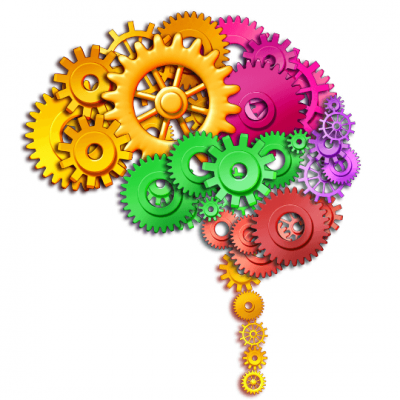
There is limited evidence to suggest that cannabis-based products, including CBD oil, can directly treat brain tumours. However, there is conclusive evidence that they can help manage the side effects of brain tumours and brain cancer. Such as pain relief and treating chemotherapy-induced nausea and vomiting.
Like all medications, cannabis-based medicines have side effects. The common side effects of Sativex (a cannabis-based medicine) are sickness, tiredness, dizziness, and headaches. Your medical team will be able to talk to you about possible side effects. Also how to manage any side effects you may experience.
Cannabis-based medicines can only be prescribed by specialist doctors listed in the General Medical Council's (GMC) specialist register. Hemp and CBD oils, on the other hand, do not contain THC. They can be purchased in many high street health food shops. However, it is important to discuss any supplements, or alternative or complementary treatments with your medical team. Always before using them alongside brain tumour treatment.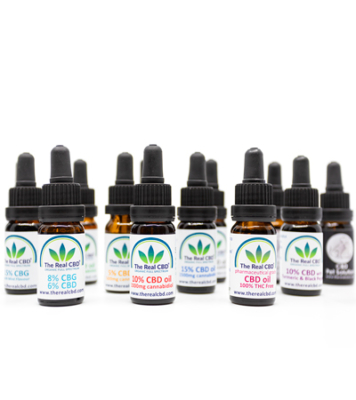

I am a certified expert in Medicinal Cannabis. We are all about giving correct and trustworthy information. We know how important it is to learn about CBD and cannabis, which is why we want to be your go-to source for trustworthy information. We help you improve your health by using our knowledge and experience as a starting point.




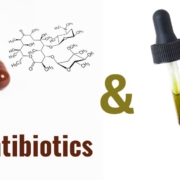
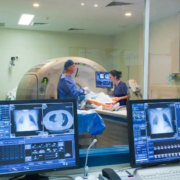








Leave a Reply
Want to join the discussion?Feel free to contribute!